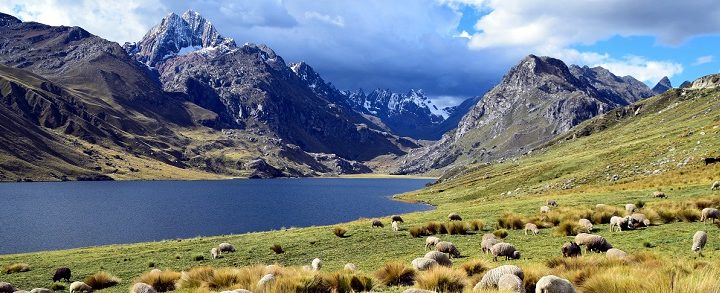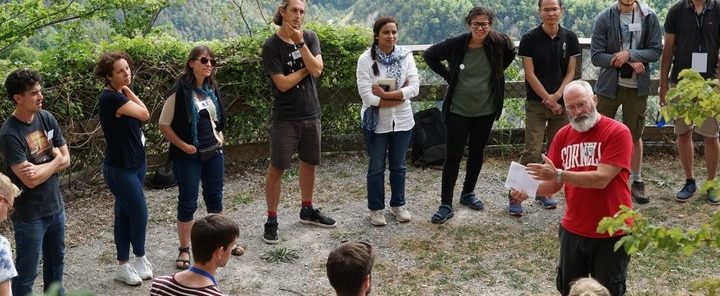Scotland’s Rural College (SRUC) is establishing Challenge Driven Research Centres bringing together academic, industry and policy experts to address and deliver to the key global and local challenges. Our Centres will be the key collaborative research platform in SRUC bringing together our leading staff, students and partners to help solve the challenges. The Centres will be:
• Driving Data and Digital Innovation
• Global Climate Emergency
• Safe & Improved Food
• Thriving Natural Capital for Scotland
• Future Food Systems [Read more…] about Vacancy: SRUC Challenge Fellows




